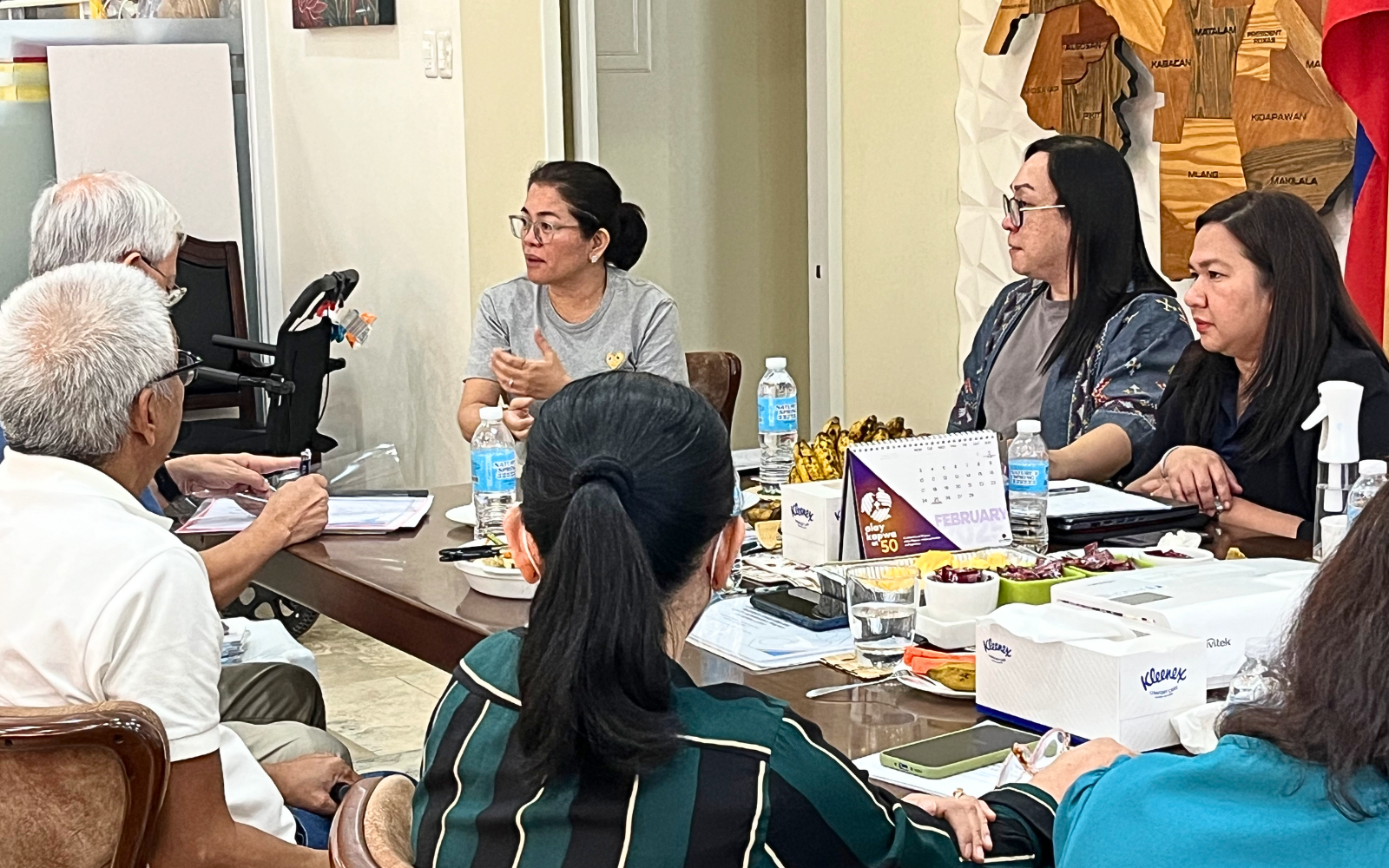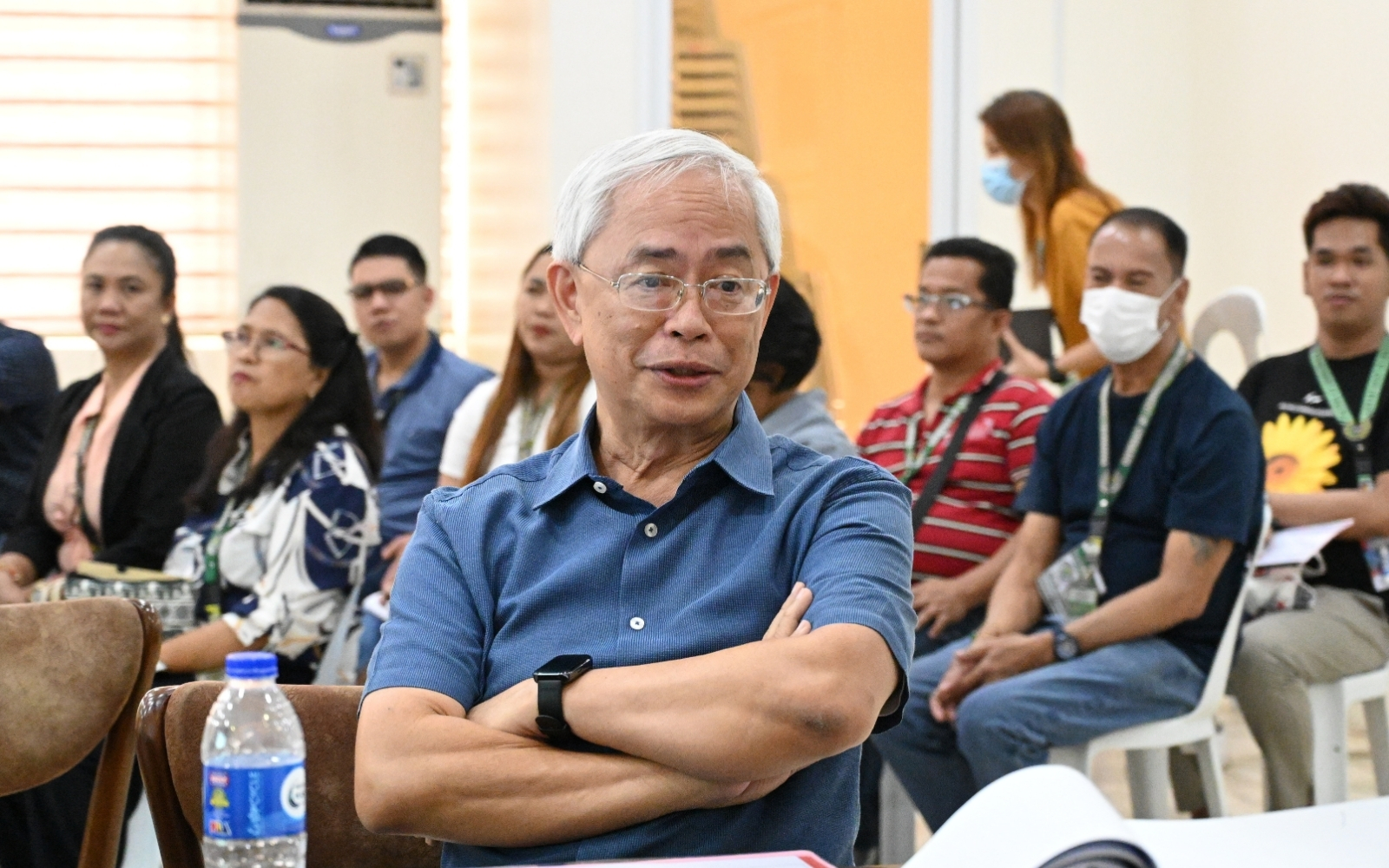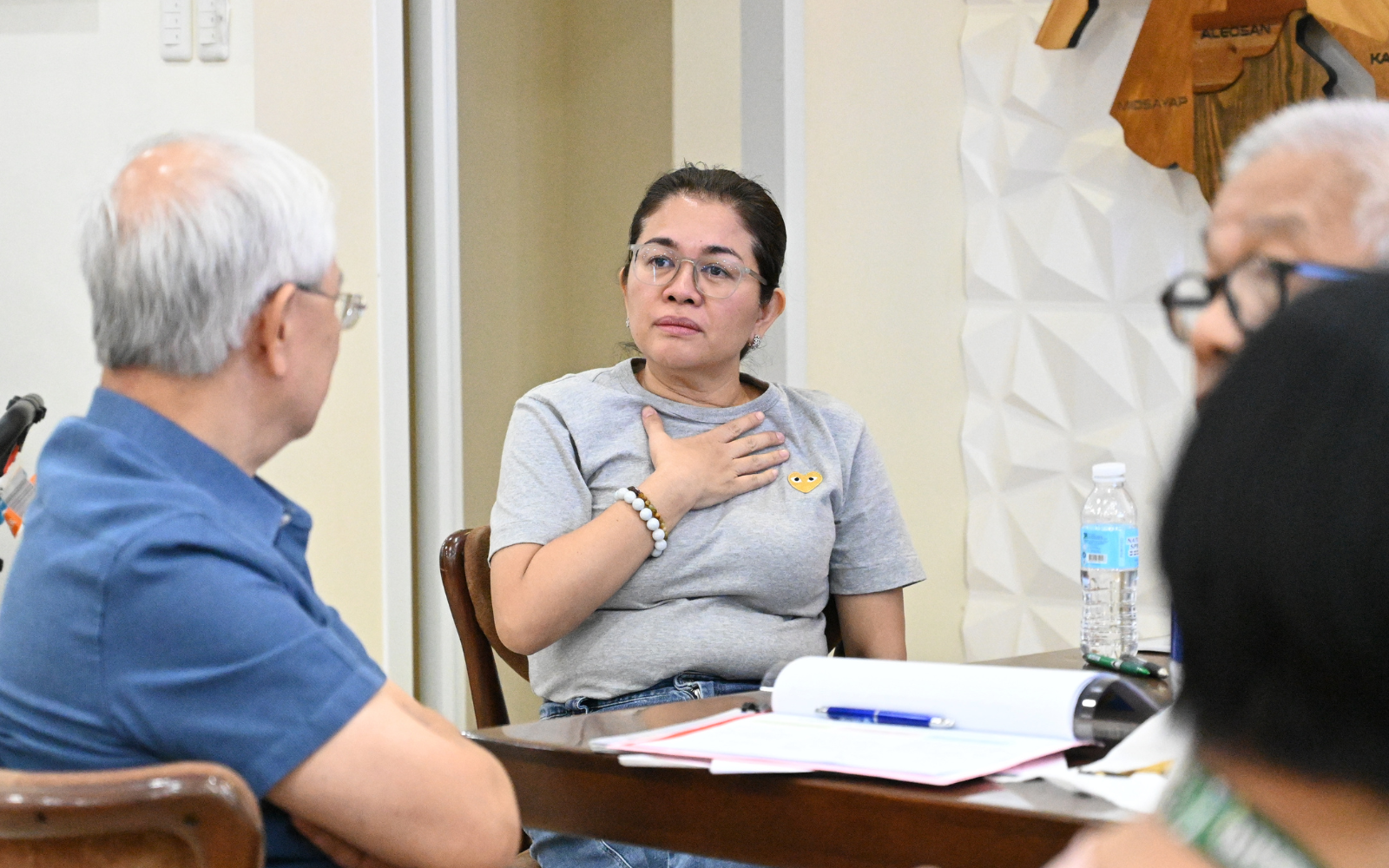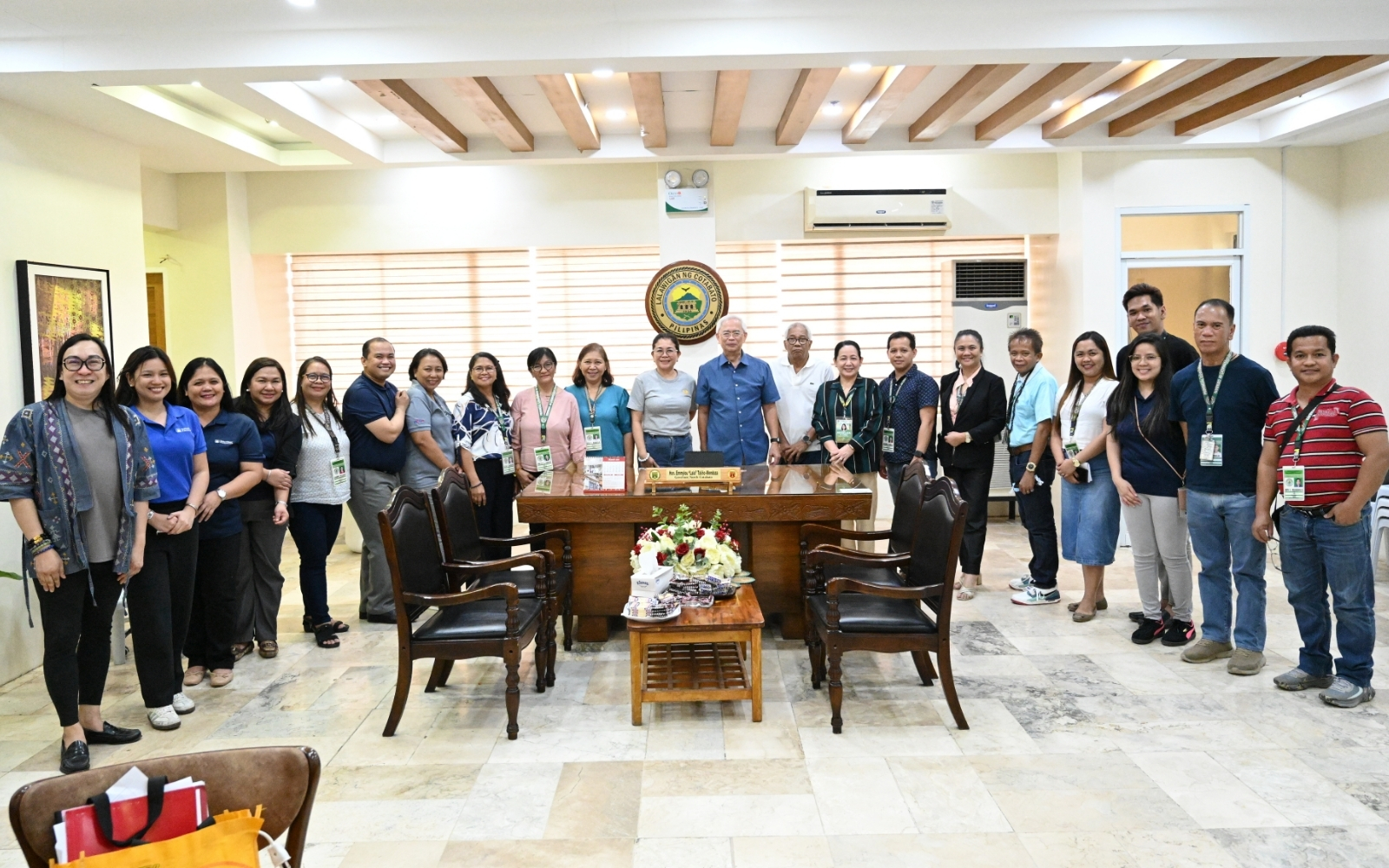Cotabato’s Push for Better Nutrition and Adolescent Health
News

The Zuellig Family Foundation (ZFF), led by President and Executive Director Austere Panadero, facilitated an executive session with Governor Emmylou “Lala” Mendoza of the Province of Cotabato along with the Provincial Nutrition Committee, to tackle key challenges in nutrition and adolescent health last March 21, 2025 at the Provincial Capitol of Cotabato.
The session is the first major engagement under the two leadership modules of the Nutrition Leadership for Equity Acceleration Program (NutriLEAP), a collaboration between ZFF and the League of Provinces of the Philippines (LPP). While Cotabato has reduced stunting rates of children under five years old to 3.28% in 2024 from 4.09% in 2023, the increasing number of nutritionally-at-risk teenage pregnant women remains a concern (Source: Provincial Operation Timbang Report of Cotabato for 2023 and 2024).
Tracking Vulnerable Pregnant Women
One of the main challenges discussed was early identification of teenage pregnancies to ensure timely interventions. “Kailangan mabilis makita ang mga buntis—how early can we track pregnant women? And in relation to that, how do you now track who is vulnerable?” Panadero asked.

The Department of Education (DepEd) pointed out that teenage pregnancies are often detected too late, usually when students drop out around their sixth month of pregnancy. This broadened the discussions on the paradigm of desensitized stigma around pregnant women around schools in the province, and the maturity of these teens to figure out the realities of carrying a child and rearing their futures while they are also forming one themselves.
Provincial government has definitely seen this not just as merely a health issue, but a call to action to respond to a bigger multi-faceted issue involving familial relations, religious sector, education, health, civil society organizations, and many more.
Preventive Strategies and Community Engagement
Governor Mendoza stressed the need for proactive measures through gender and development programs, reaching schools through initiatives such as immunization drives, moral recovery programs, and sports clinics. “We are very sensitive to all interventions deployed to the youth. Preventive intervention should be done, together with all my mayors, so we can respond to this widespread problem,” she said.
Data-Driven Decision-Making
To enhance intervention efforts, improving data quality and ensuring active involvement of nutrition officers at the municipal and city levels were recommended. Key actions include:
- Strengthening the Field Health Services Information System (FHSIS);
- Integrating nutrition-specific and nutrition-sensitive interventions;
- Aligning strategies with the First 1,000 Days (F1KD) approach; and
- Focusing on municipalities with the highest adolescent birth rates.
Leadership and Policy Alignment
Governor Mendoza pointed out the varying levels of commitment among municipal leaders. “Hindi kasi lahat ng mayor may appreciation na ganito. ‘Yung iba pa rin kasi, hindi ganun ka-familiar sa technical measures. Kailangan namin kayo para ipaintindi ito sa kanila,” she said. She emphasized the need to rally support from municipal and city leaders to prioritize nutrition and adolescent health programs.

Strengthening Health Systems and Interagency Collaboration
Discussions also covered the need to clarify Universal Health Care (UHC) PhilHealth service coverage and intervention delivery. The Department of Health (DOH) committed to facilitating dialogues with local leaders to enhance coordination. DepEd officials acknowledged the importance of collaboration. “We’ve seen that we are receiving children that are already stunted—that is why we appreciate this platform. DepEd alone does not have the capacity to solve this problem,” they stated.
Mental Health and Holistic Interventions
Governor Mendoza also underscored the need for mental health support, including mental medical missions, recognizing that adolescent pregnancy is not only a physical health issue but also a psychological and emotional challenge that needs to be addressed.
Moving Forward
This session reinforced the collective responsibility of local government units, educational institutions, and health agencies in addressing adolescent nutrition and maternal health. As an overall commitment of ZFF, Dr. Joyce Ann Viar, Nutrition Portfolio Director, assured the provincial nutrition committee of their complementation in the learning track by providing an integrated program design and runway for nutrition, adolescent health and UHC tailor-fitted to the province’s needs and challenges.

Related articles:
- NutriLEAP Monitoring and Coaching Visit: Strengthening Nutrition Governance in the Provinces
- NutriLEAP: A Pathway to Healthier Provinces